Picking up skincare products should not b impulsive; get to know some of the skincare ingredients and buy what suits your skin best.
Making up your mind to start a skincare journey requires several careful steps, including buying the right products and religiously following the steps to using them. However, what comes as a huge plus is knowing the components of the skincare products that best suit your skin.
Now, it might come off technical, trying to learn chemical terms or ingredients, but that’s not what is required of you. There are specific chemical ingredients that serve major purposes in skincare, and they should either be sought out as you pick up products, or some can be bought as products on their own. Here are some skincare products with their uses in plain terms.
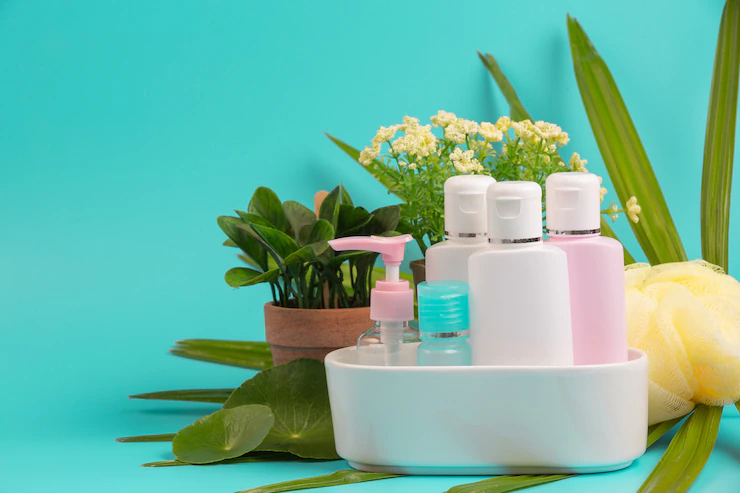
Glycerin
Glycerin helps retain moisture, and by virtue of this, it is known as a humectant or a moisturizer. It serves as the foundation of several other moisturizers and should be applied topically. Glycerin helps maintain soft and healthy-looking skin. It also restores the soft texture of skins exposed to harsh products.
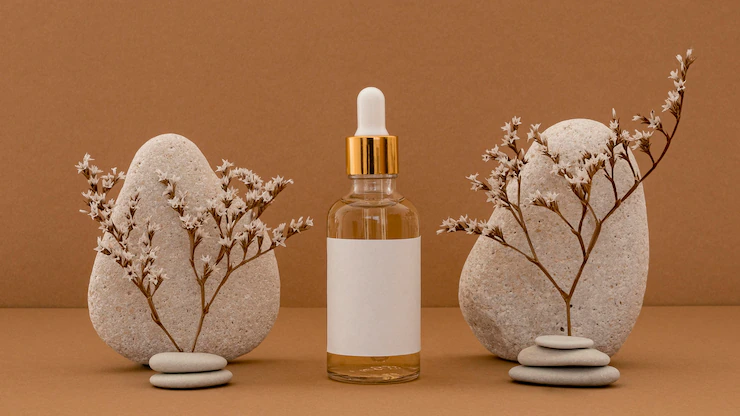
Niacinamide
Also, a form of vitamin B3, niacinamide, controls skin oils while making sure the skin remains hydrated. Due to its oil-controlling function, niacinamide reduces acne and aging signs.
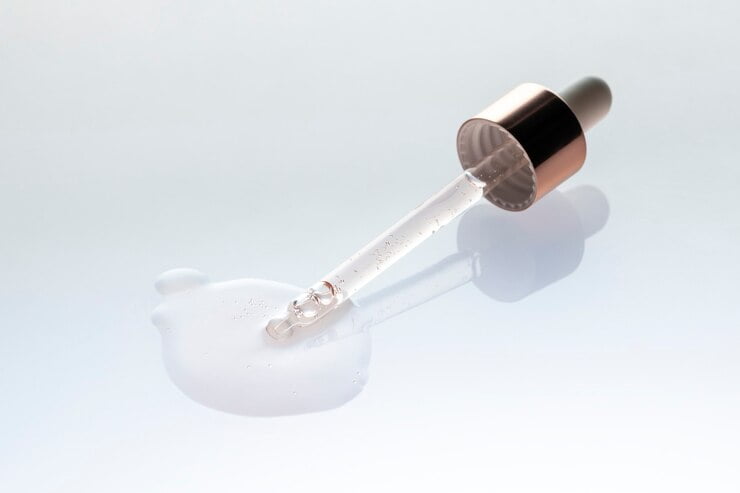
Hyaluronic Acid
Hyaluronic acid is naturally found in the skin, and it is also re-created synthetically to aid skin restoration, hydration, and protection from environmental stressors. Hyaluronic acid is most effective, and it agrees with all skin types.
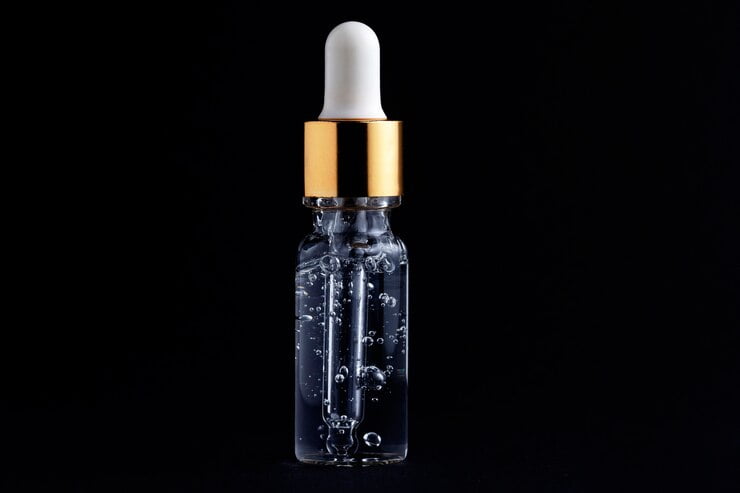
Alpha Hydroxy Acid (AHA)
AHAs are exfoliants that can be manufactured synthetically or from milk and fruit sugars. AHA breaks off dead skin cells leaving behind a brighter effect on the skin. Lactic acids and glycolic acids are the best forms of AHAs.
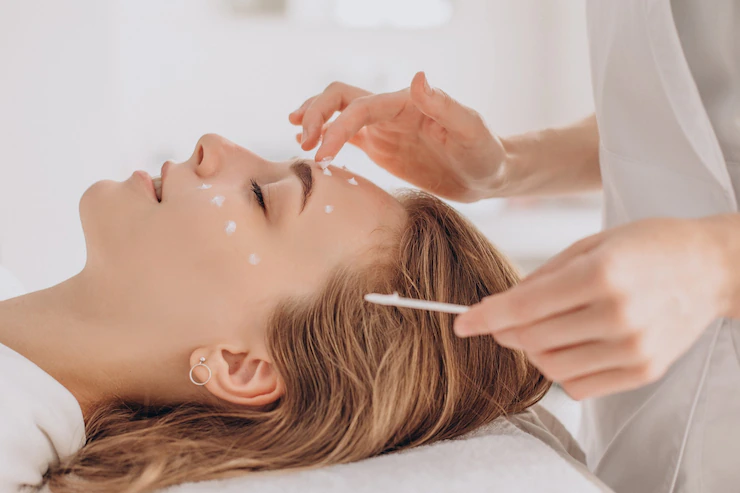
Collagen
This is a fiber-filled protein obtained from animals, and it serves as a water-based agent to keep moisture locked into the skin. There are topical collagens, but they are less effective than ingestible ones. This is because topical collagens have not been found to aid the body in producing more collagen by itself.
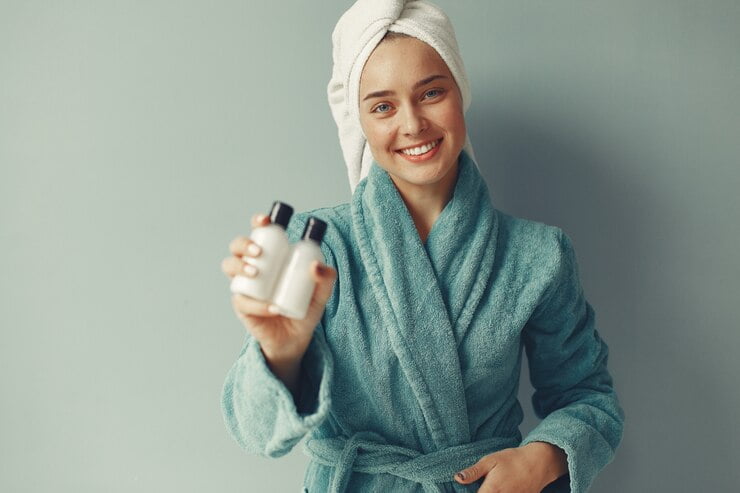
Beta-Hydroxy Acid (BHA)
This skincare ingredient also functions like AHA because it serves as an exfoliant. However, where AHAs are derived from milk and sugar bruins, BHAs are oil-soluble. They penetrate deeper through the skin pores to clear acne and blackheads. Salicylic acid is the commonest BHA found in skincare.
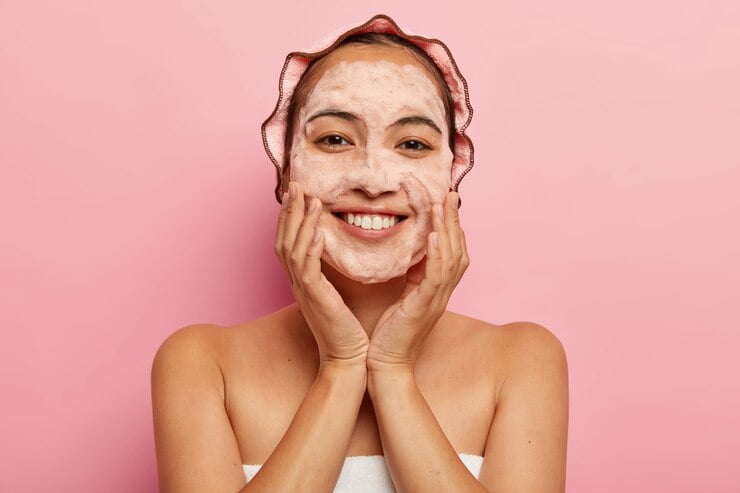
Emollient
A hydrating agent with a thick texture, applied after moisturizers have been used. Emollients help the skin hold in moisture better, giving it a soft and smooth texture. Natural emollients are obtained from plant oils like coconut oil, cocoa butter, and shea butter. Products like petrolatum, triglycerides, benzoates, and palmitates are emollients that contribute to the creamy and thick textures of skincare products.
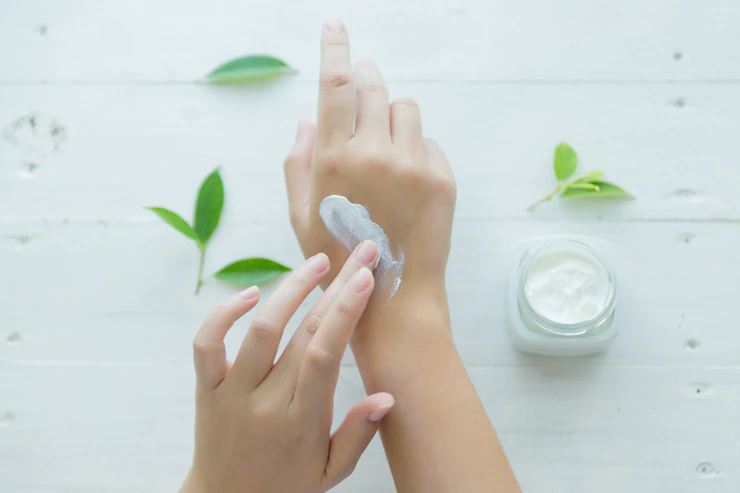
Grapeseed Oil
Grapeseed oil is becoming popular among skincare enthusiasts, and this is because of its ability to exfoliate and help the skin remain firm. It also prevents and corrects hyperpigmentation.
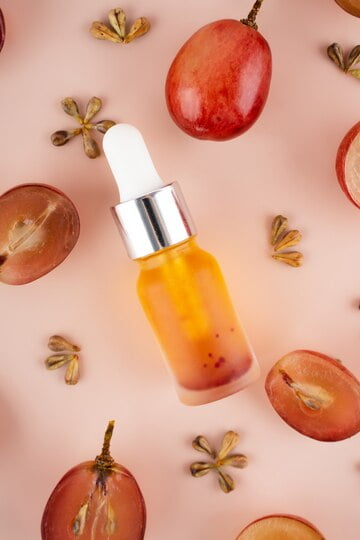
Vitamin C
This has gained credence in recent times, and it is recommended for its mild but radical action on skin damage. Vitamin C can be applied topically as a serum, and it prevents premature aging, fine lines, wrinkles, dark spots, and surface skin blemishes. Using a vitamin C serum and a broad-spectrum sunscreen before leaving the house keeps the skin from sun damage.
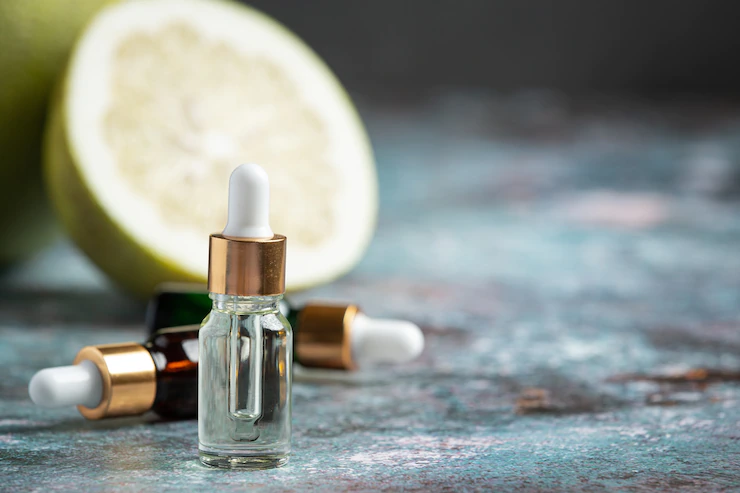
Retinol
A key ingredient for skin radiance and replenishing, retinol can serve as a skincare product that should be included in the nighttime routine. Nonetheless, it can be used during the day too. Retinol is derived from vitamin A, and it is a fat-soluble vitamin common in eggs, potatoes, and carrots. It prevents the pattern that aged cells would usually take, making sure to give a youthful hue. Including retinol in your skincare routine accelerates skin renewal, stimulates collagen production, and corrects age spots and uneven texture.
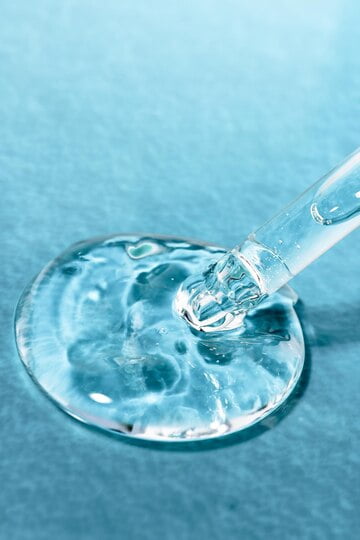
Titanium Oxide
This mineral is used in natural sunscreen due to its components that shield the skin from UVA and UVB radiation. With titanium oxide, there are no risks of skin sensitivity. It’s also recommended for irritation and skin types prone to redness.

Vitamin E
Vitamin E is a well-known antioxidant that protects the epidermis and prevents skin damage. This type of vitamin is better used in its natural state than synthetic ones.


